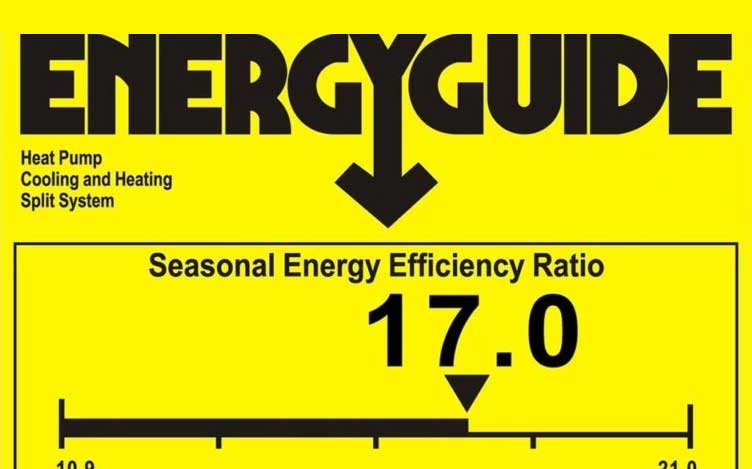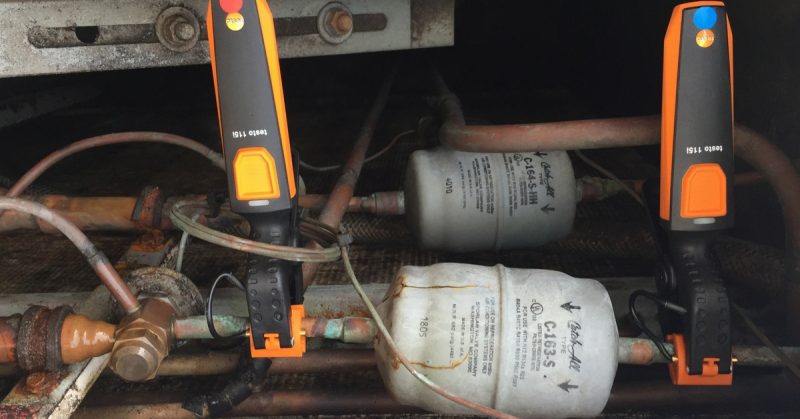Get Tech Tips
Subscribe to free tech tips.
Oxygen Safety Tip – No Oil and Grease

Some of the scariest practices that occur in the field surround brazing practices and tank and regulator handling. A few obvious tips are:
- Store tanks completely secure and upright with nothing nearby that can easily open or damage the tank valve.
- NEVER store tanks in a torch kit with it off only at the torch handle. Always turn off the main valves and purge out the gas and oxygen when done.
- Remove regulators from tanks when not in use.
And now to the point of this article that you may not be aware of:
Do not use oil or grease anywhere on oxygen regulators unless it is a product specifically designed for that use.
Many techs incorrectly believe that an open flame is required for combustion, which is simply not true. If you have ever seen or heard of a fire starting in a pile or barrel of greasy rags, you know that heat can build when fuel sources oxidize until the temperature increases to the combustion point. Pressurized oxygen can cause “adiabatic” combustion when a fuel source is present and can be a very real risk.
So, keep your regulator threads and adjustment screw nice and clean, and don't put grease or oil on them unless you know 100% the product you are using is for that purpose.
Stay safe out there, and treat all pressurized gas containers like you would a loaded gun—with great caution and attentiveness.
—Bryan
Check out our handy calculators HERE.









Comments
To leave a comment, you need to log in.
Log In